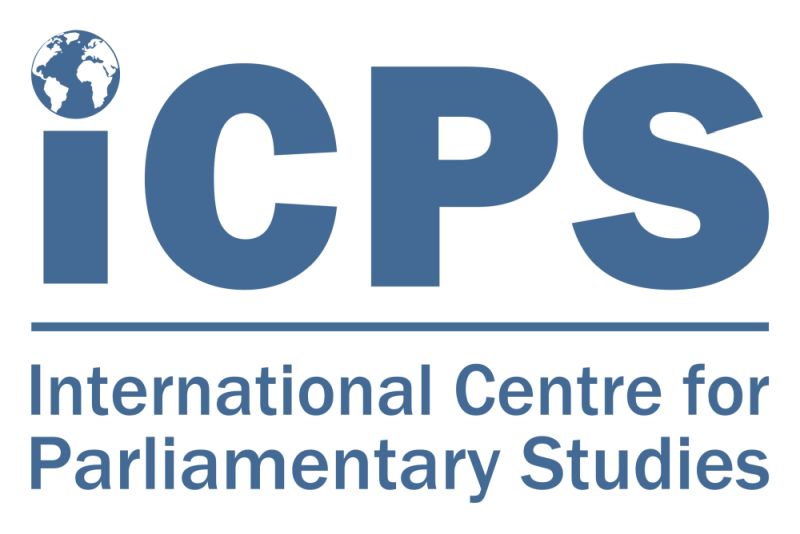
Professional Certificate
in International Security
17th - 21st May 2021, London, UK

Professional Certificate
in International Security
17th - 21st May 2021, London, UK
| 09:30 | Refreshments and Registration | |
| 09:45 | Introduction to the course aims and objectives What is international security? Broad definitions and policy links Delegates experiences and lesson sharing: what can delegates learn from each other? |
|
| 10:15 | Key Problems for Durable International Security 1 Financial crime and money laundering - Types, main international circuits, secrecy jurisdictions, links with international crime, historical development Cybercrime - Cybercrime and hacktivism, international frameworks, data protection issues Intellectual property issues - Types, sources of IP piracy, UN conventions and WIPO, extent of film and music piracy |
|
| 11:15 | Morning coffee | |
| 11:30 | Key Problems for Durable International Security 2 Regulated drug trafficking - Intellectual property issues, counterfeit drugs, role of pharmaceutical companies, ACTA and other agreements Illicit drug trafficking - Types, main international circuits, societal impact, international conventions - Main responses: prohibition, decriminalisation |
|
| 12:30 | Case Study: Medicines Control Agency/Pharmaceutical | |
| 13:30 | Lunch | |
| 14:15 | Key Problems for Durable International Security 3 Human trafficking and sex crimes - UN conventions, definitions, slave trade, tracking Endangered species - UN conventions, CITIES, key regulatory mechanisms |
|
| 15:15 | Afternoon tea | |
| 15:30 | Case Study: Border Agency experience of human trafficking | |
| 16:30 | End of Day Wrap Up and Questions | |
| 16:45 | Close |
| 09:30 | Refreshments |
| 09:45 | Chairs Introduction and Recap |
| 10:00 | Key Problems for Durable International Security 4 Piracy - Definitions, conventions, main areas concerned, key development, role of international organisations - Capture of immovable natural resources (oil and gas) Extent of problem, effects on security, key areas - Exploitation of movable natural resources - History and conventions, Kimberley Process, role in conflicts |
| 11:30 | Morning Coffee |
| 11:45 | Building Action Plans to Tackle International Security Issues - Avoiding common pitfalls and well-known procedural and operational shortfalls - Planning to succeed - Action Plans - Drawing up recommendations and plans of action - Smart objectives and time-frames - Obtaining buy-in and real engagement and commitment from international organisations - Securing staff buy-in and keeping operational parameters secret |
| 13:45 | Lunch |
| 14:30 | Border Security Aspects of International Security Border Management Modernization and smarter border security Targeting and rummaging techniques Developing a coordinated regional maritime surveillance Sharing intelligence and action at national and international levels Co-ordinating international and local responses and initiatives Operational and legal agreements |
| 16:30 | End of Day Wrap Up and Questions |
| 16:45 | Close |
| 09:30 | Refreshments | |
| 09:45 | Chairs Introduction and Recap | |
| 10:00 | Introduction to Terror Networks | |
| 11:30 | Morning Coffee | |
| 11:45 | The International Fight against Terrorism and Crime Networks The roles of Security Council, General Assembly, UNODC, INTERPOL, World Customs Organisation and others Human rights and humanitarian law International cooperation of law enforcement agencies Stopping funding, human rights violations and weapon proliferation |
|
| 12:15 | Lunch | |
| 13:00 | Auditing and Accounting to Track Financial Fraud Ensuring frameworks for investigating finances are in place Mitigating the tension between privacy, secrecy and security Agencies necessary to properly tackle financial crime and links to terrorist networks |
|
| 14:30 | Afternoon tea | |
| 14:45 | The role of new technologies in International Security |
|
| 16:00 | End of Day Wrap up and Close |
| 09:30 | Registration and Refreshments | |
| 09:45 | Chair’s Introduction and Recap | |
| 10:00 | Role of Intelligence in Tackling International Security Issues Threat assessment and plans to address the threats Sources of information - what is open source material Using the information to enhance the intelligence picture Intelligence from partner agencies Sensitive Intelligence from National and International partners Use of informants |
|
| 11:15 | Morning Coffee | |
| 11:30 | Role of Intelligence in Tackling International Security Issues (cnt’d) | |
| 12:30 | Lunch | |
| 13:15 | Discussion: In your organisation, what sources of information are available to you? | |
| 13:45 | Intelligence Led Law Enforcement and Information Sharing Understanding importance of coordination Effective communication strategies and implementing coordination International agreements National models |
|
| 14:45 | Afternoon tea | |
| 15:00 | The relationship between governance and intelligence | |
| 16:00 | End of Day Wrap Up and Questions | |
| 16:15 | Close |
| 09:30 | Registration and Refreshments | |
| 09:45 | Chair’s Introduction and Recap | |
| 10:00 | Discussion: What do you need to include in your action plans to tackle International Security Threats | |
| 11:00 | Morning Coffee | |
| 11:15 | Understanding Anti-Corruption in the field of International Security Different types of corruption Economic impacts of corruption in developing countries Corruption across sectors – with specific reference to policing Jamaica and corruption – a case study and lessons learned |
|
| 12:30 | Lunch | |
| 13:30 | Chartered Management Institute Criteria and Assessment Structuring a written piece of work for assessment – generic overview and principles Structuring these two specific pieces of work to demonstrate all the assessment criteria Blending international security content into these structures |
|
| 15:00 | Close |